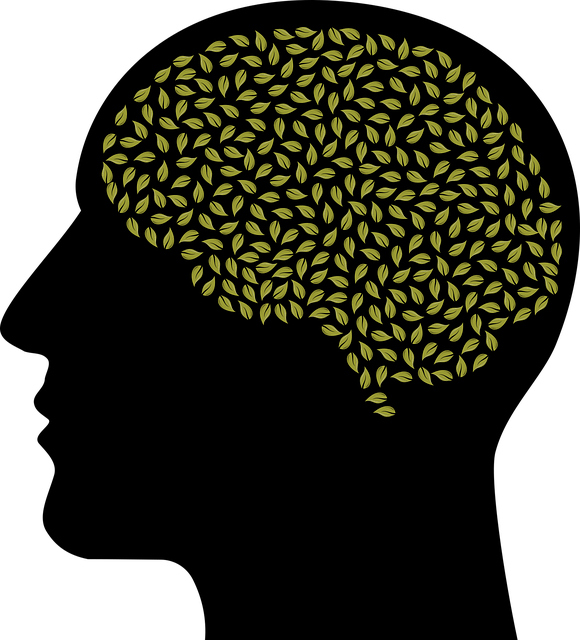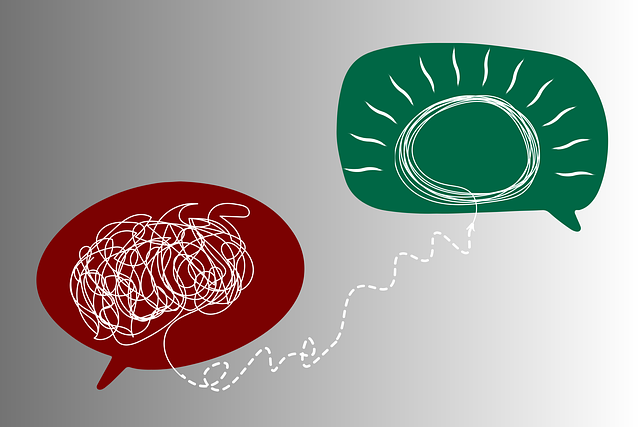Golden Family Counseling Therapy tackles the challenges of mental health diagnosis, aiming to improve accuracy and patient outcomes. They combat misdiagnosis rates (up to 30%) through provider training, evidence-based practices, and open communication. The therapy integrates objective measures with subjective reporting for more precise diagnoses, reducing delayed care and stigma. By addressing these issues, Golden Family Counseling Therapy enhances well-being and ensures tailored support for individuals seeking mental health services.
Mental illness diagnosis accuracy is a critical aspect of patient care, yet challenges and gaps persist in the current landscape. Misdiagnoses are prevalent, impacting patients’ treatment paths and outcomes. This article explores these issues and presents innovative solutions. We delve into the Golden Family Counseling Therapy approach, integrating family dynamics and dynamic systems theory for personalized assessments. Additionally, we discuss implementing technology, advanced training, and patient feedback to continuously improve diagnosis accuracy in mental health care.
- The Current Landscape of Mental Illness Diagnosis: Challenges and Gaps
- – Prevalence of misdiagnoses and their impact on patients
- – Limitations of current assessment tools and methods
The Current Landscape of Mental Illness Diagnosis: Challenges and Gaps

The diagnosis of mental illness has long been a complex process, often riddled with challenges and gaps that impact patient care. Despite advancements in research and understanding, the current landscape presents several obstacles. One significant issue is the lack of standardized criteria, leading to inconsistencies across different healthcare providers and settings. This discrepancy can result in misdiagnoses or delayed treatment for individuals struggling with their mental health. Furthermore, the stigma surrounding mental illness continues to hinder open conversations and proper support systems. Many people are afraid to seek help due to societal perceptions, creating a barrier to accessing quality care.
Golden Family Counseling Therapy recognizes these challenges and advocates for improved diagnosis accuracy through various means. Public Awareness Campaigns Development plays a crucial role in educating the public about mental health, reducing stigma, and encouraging early intervention. Stress Reduction Methods and Inner Strength Development programs also fall under this initiative, aiming to empower individuals with coping strategies and resilience. By addressing these gaps, counseling therapies can contribute to more accurate diagnoses and ultimately enhance the overall well-being of those seeking support.
– Prevalence of misdiagnoses and their impact on patients

Misdiagnoses in mental health are alarmingly common, with studies indicating that up to 30% of initial diagnoses are incorrect. These errors can have profound consequences for patients and their families. When a patient receives an inaccurate diagnosis, they may undergo inappropriate or even harmful treatments, leading to delayed access to the correct care. This can exacerbate existing symptoms, cause additional distress, and impact overall well-being. Furthermore, misdiagnoses can erode patients’ trust in healthcare systems, especially when they experience iatrogenic harm due to ineffective or counterproductive interventions.
At Golden Family Counseling Therapy, we recognize that improving diagnostic accuracy is a multifaceted challenge. It requires ongoing training for healthcare providers on burnout prevention strategies and enhancing cultural competency, which is crucial for navigating the complexity of diverse patient presentations. Incorporating evidence-based practices and encouraging open communication between patients and therapists can significantly contribute to reducing misdiagnoses. By fostering an environment of confidence-boosting techniques and culturally sensitive care, mental health professionals can strive to provide more precise and timely diagnoses, ultimately improving patient outcomes and satisfaction.
– Limitations of current assessment tools and methods

The current assessment tools and methods used in diagnosing mental illnesses have several limitations. Many traditional diagnostic procedures rely heavily on subjective reporting from individuals, which can be influenced by personal biases, memory lapses, or even a desire to present oneself in a particular light. This subjectivity introduces potential errors, especially when dealing with subtle symptoms or complex presentations. Additionally, these methods often fail to account for the unique cultural and individual differences that can significantly impact symptom expression and perception.
At Golden Family Counseling Therapy, we recognize these limitations. Our efforts are focused on enhancing diagnosis accuracy by integrating more objective measures, such as standardized assessments and advanced analytics, alongside conventional techniques. By combining the best of both worlds, we strive to improve the reliability and validity of mental illness diagnoses, ensuring that clients receive appropriate care tailored to their specific needs, ultimately facilitating effective Emotional Healing Processes and Stress Reduction Methods while also contributing to Mental Illness Stigma Reduction Efforts.
Mental illness diagnosis accuracy is a vital area for improvement, as misdiagnoses can have detrimental effects on patient well-being. At Golden Family Counseling Therapy, we recognize the need for advanced assessment tools and methods to address the current gaps in the system. By leveraging innovative techniques and staying at the forefront of research, our dedicated professionals strive to enhance diagnosis accuracy, ensuring individuals receive the most effective treatment plans tailored to their unique needs.










